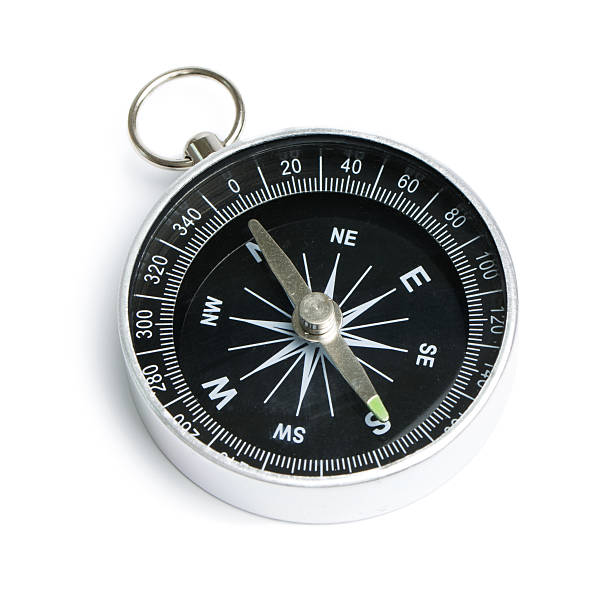When reading
the Facilitators Guide from Connecticut’s Teacher Education and Mentoring
Program (2012), I choose Situations
Involving Professional Ethics scenario
3, p12, about a teacher who has applied for a position without the required
qualifications. The ethical dilemma that I want to bring to attention is fraud.
Not only is this ethically wrong, but it can also be illegal. Obviously not
when rigging a vote for student leader, but in formal documents and minutes
from meetings.
Using Hall
and Bishop’s (2000) Questions to Guide Ethical Decision Making I was able to
determine:
·
What
is the problem? It is illegal, dishonest,
and morally wrong
·
Who
are the main stakeholders with interests in the problem, and what are their interests?
The people being conned and potentially
all the school and community
·
Which
courses of actions are least acceptable? Misleading
people in C.V’s, appraisal documents, interviews, and qualifications
·
What
can be done about it? This is really up
to the principal, BOT, and Education Council
In my 9
years in the teaching game I have seen a few things that I should not of. One
thing that continues to bamboozle me is amount of fraudulent activities that
get swept under the carpet.
Teacher Appraisals
I have had
mixed experiences with these. As a PRT the appraisal process was thorough on
the road to full registration. As time went on there were years where I did
nothing and was signed off, and other years where I provided detailed
documentation. In reflection I am probably too hard on myself. I know of other
teachers who do not share the same characteristic of honesty as I do. Yet every
year they get signed off. It does make you wonder if “We are the suckers”
because those that do the right thing are actually no better off than those
that do not.
In terms of appraisal
documentation the Education Council state that:
“The principles are intended
to educate, motivate and inspire members of the profession. At the same time,
the Code is also a statement to learners, parents, whānau and the wider public
about what may be expected of all certificated teachers in their professional
roles.”
Ask
yourself if you see this happens with every teacher every year or is it
something to tick off?
Information
in C.V.’s
This is
another interesting debate. What is fraud and what is just a lie. Stating that
you have a current first aide certificate, when you actually do not, is fraud.
This is because it is a qualification. Stating that you played representative
sport, when you actually did not, is just a lie. It only makes you a dishonest person.
Information that you put in you C.V. can be misleading. But when competition is
tight and bills need to be paid, would you tell a little ‘white lie’ to put
your best foot forward?
Interviews
I have heard
this 100 times; I can coach …….. But after appointments are made, this doesn’t
seem to happen. “Sorry, too busy now.” Things brought up in interviews can be fraudulent
from both parties. In many ways the interview process is flawed. In some
situations, confident people can bluff their way through interviews compared to
someone that actually has the skills. I have seen some excellent candidates
denied teaching jobs because they were piped at the post at an interview.
Assessment Data
No one plays with this data to make themselves look good, so it's not really an issue. This has been happening since my old man sat School C. There are so many loop holes.
Assessment Data
No one plays with this data to make themselves look good, so it's not really an issue. This has been happening since my old man sat School C. There are so many loop holes.
One day I
hope to be in a position where I can see through such dishonesty. I hope that
I can keep my morale compass pointing north.
References
The Education Council Code of Ethics for
Certificated Teachers. Retrieved from https://educationcouncil.org.nz/content/about-code-of-ethics
Ethical and
Professional Dilemmas for Educators (2012). Understanding the code of
professional responsibility of educators. Facilitators
guide.
Hall, A. and
Bishop, R. (2000). Teacher ethics, professionalism and Cultural diversity.





No comments:
Post a Comment